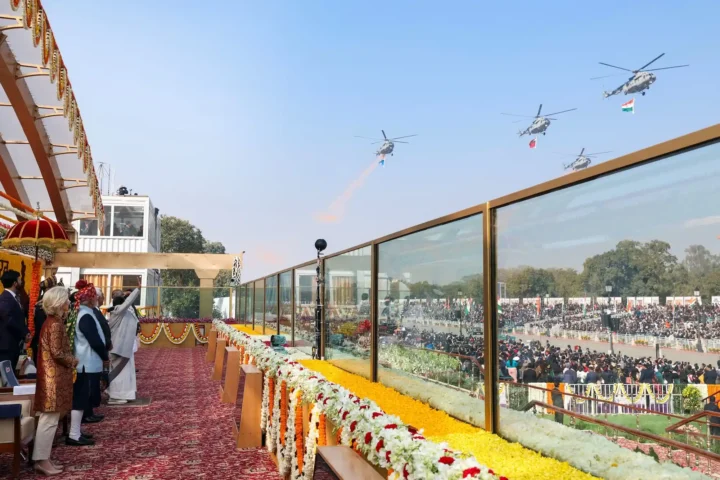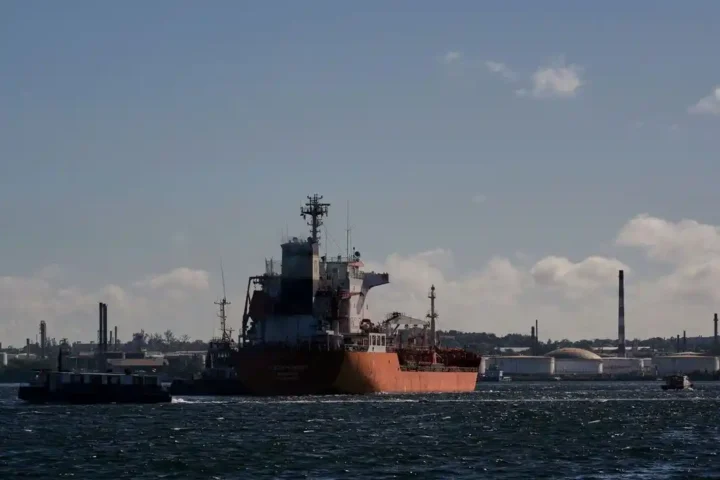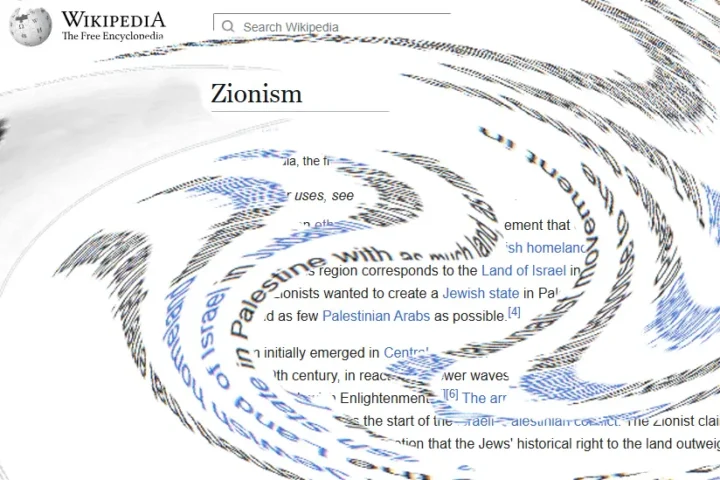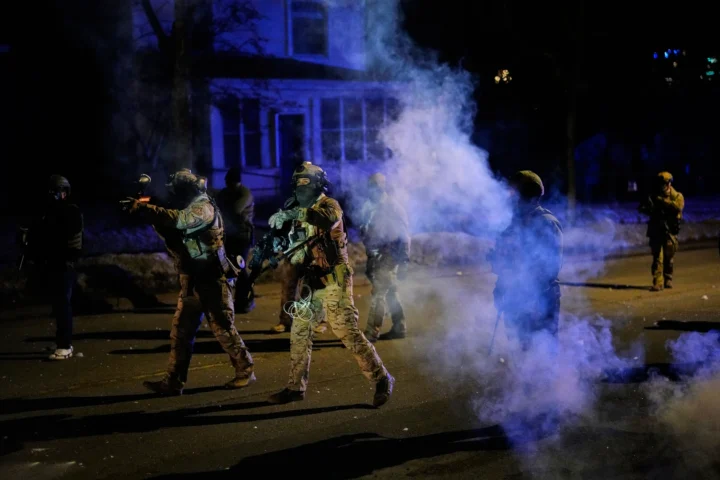Haiti is descending deeper into chaos, with relentless gang violence plunging the country into a dire humanitarian crisis. Since January, nearly 5,000 civilians have lost their lives due to gang warfare in and around Port-au-Prince, Haiti’s capital, which is now largely under the control of criminal organizations. The scale of the devastation is staggering: over 700,000 Haitians have fled their homes, five million are on the brink of starvation, and reports of mass abductions and sexual violence paint a picture of unimaginable suffering.
The international community’s initial response—a deployment of African and Caribbean police and soldiers—has failed to stabilize the situation. Despite promises of a 5,000-strong multinational force to support Haiti’s embattled national police, only a fraction of the promised personnel has arrived. For example, only 400 of the pledged 1,100 Kenyan officers have been deployed. Jamaican and Belizean reinforcements have trickled in, but the force remains vastly under-equipped and outmatched against the estimated 10,000 to 12,000 gang members controlling 85% of the capital and extending their influence northward.
Even more alarming, the gang violence is now disrupting critical infrastructure. Two weeks ago, Haiti’s international airport temporarily shut down after gunfire from gang members targeted a Spirit Airlines flight, forcing its diversion to the Dominican Republic. Adding to the crisis, Doctors Without Borders, a long-standing presence in Haiti, suspended operations due to escalating threats, including from law enforcement.
Time for Robust Action
Experts and advocates are urging immediate intervention from the United States and Canada to prevent Haiti’s complete collapse. A combined deployment of up to 10,000 U.S. and Canadian special forces could rapidly dismantle the gangs and restore order, according to analysts. Afterward, Canadian police, particularly French-speaking officers, could take over long-term peacekeeping efforts, in partnership with Haitian authorities.
The need for swift action is underscored by the limitations of the current international response. While the idea of a United Nations peacekeeping force has been floated, opposition from Russia and China threatens to derail the proposal. Meanwhile, the existing African and Caribbean contingent is both too small and under-resourced to counteract the gangs’ entrenched power.
Rebuilding Haiti
Intervention would not end with military operations. Experts emphasize that Haiti will need substantial support to rebuild its governance and public services. This includes restoring essential functions such as security, electricity, water supply, education, and healthcare. The reopening of ports and the resumption of food and goods imports will also be critical to stabilizing the country.
Canada, with its strong ties to Haiti and a significant Haitian diaspora, is being called upon to take a leading role in this reconstruction effort. However, sustained financial and logistical support from the United States and possibly other allies, such as France, will be vital to any long-term recovery plan.
Dealing with the Gangs
Once subdued, gang members should face justice through special tribunals, either in Haiti with international support or at the International Criminal Court in The Hague. A proposal has also been made to establish a secure facility on Isle de Gonave to rehabilitate lower-level gang members and provide them with vocational training, while ensuring their leaders face trial.
The goal is not just to end the immediate violence but to create a precedent for addressing similar crises in other fragile states where armed groups have paralyzed civil society.
A Moral Imperative
Haiti’s plight is a reminder of the interconnectedness of the Americas. For the United States, with its history of interventions in Haiti, and for Canada, home to a large Haitian community, the crisis poses both a humanitarian and a geopolitical challenge. Inaction risks worsening instability that could ripple across the region.
With Haiti’s people suffering from violence, hunger, and displacement, the time for deliberation has passed. A decisive North American intervention is no longer just an option—it is a moral imperative. Haiti needs help, and it needs it now.











